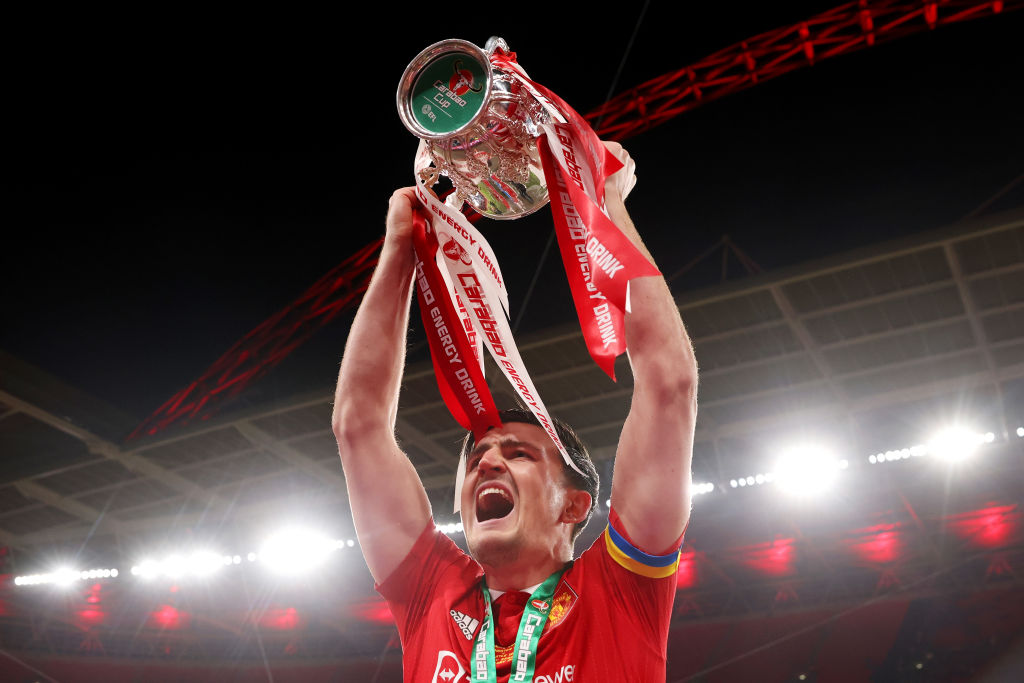Why football clubs are like tomatoes – and these are salad days for the likes of Manchester United’s owners

The salad shortage and the appeal of elite football clubs such as Manchester United are both being driven by the same thing, writes Neil Hopkins.
Early 2023 seems destined to be remembered for shortages. For most of us, a shortage of tomatoes and other salad produce. For cash-rich investors from the Middle East, a shortage of Premier League clubs to purchase.
With rumours swirling that Manchester United and Liverpool were ripening for sale on the Premier League vine, potential buyers began to circle.
But while Liverpool’s owners have dampened expectations of an impending takeover, the market value of the sliver of Manchester United shares traded on the New York Stock Exchange climbed dramatically following confirmation that United’s owners, the Glazer family, were “exploring strategic alternatives”.
But when it comes to elite clubs with genuinely global profiles, there is a supply and demand issue at the highest level that makes market-based valuations largely superfluous.
Perhaps emboldened by last year’s sale of Chelsea for £2.5bn and the promise of considerably more in future investment, the Glazers seem determined to hold out for a deal of at least £5bn, a figure in the region of six times what they paid for the club in 2005 and one which far outstrips any market-led assessment.
It is a price driven by a single, significant factor: scarcity. There is, after all, only one Manchester United.
At a stretch, there are perhaps no more than 20 genuinely super-premium football clubs that would make it onto the shopping list of the wealthiest buyers.
Beyond the big six British clubs, Juventus, the Milan clubs, Real Madrid, Barcelona, Bayern and Paris Saint-Germain, there are slim pickings for would-be buyers and, in much the same way that British supermarkets are rationing tomatoes, Uefa rules are designed to limit club ownership to just one.
Tackling this supply challenge has necessitated fresh thinking. Although there remains, for now, only one Manchester United, their once noisy neighbours have been busy building not one, not two, but several City-branded Football Clubs under a single group.
From Melbourne to Montevideo via Mumbai and New York, the Manchester City brand is extended into new markets, creating new fanbases and revenue streams for the parent group.
Such expansionism is not limited to football. Cricket fans will have noticed that in amongst the multiple T20 competitions springing up worldwide, a consistent theme emerges.
The Mumbai Indians that compete in the Indian Premier League have been remade and remodelled as MI Cape Town in the SA20 and MI Emirates in the ILT20 in the UAE.
Most IPL franchises have followed suit, creating new entities with distinct but related identities, each generating revenue that will ultimately increase their potential sale value.
In T20 cricket this expansion is not limited to the men’s game either. The inaugural Women’s Premier League features five franchises, with one purchased by the Mumbai Indians, no doubt attracted by a share of a mammoth £95m TV deal. This in turn has helped the team secure the services of England star Nat Sciver-Brunt for £320,000, making her one of the highest paid women in British sport.
Finance for elite sports teams is limited by both regulatory caps on how much can be invested, such as Uefa’s Financial Fair Play rules, and the need for investors themselves to realise a return on their capital.
The array of US owners who have invested in the Premier League in recent years have done so on the promise of significant returns. The Middle Eastern owners of Manchester City and Newcastle United, meanwhile, appear less concerned by the bottom line.
With the vast wealth of sovereign or public investment funds at their disposal and a scarcity of available assets, the price paid for the most coveted sporting brands is destined to skyrocket. Salad days for the lucky sellers, you might say.
Neil Hopkins is a director and head of strategy at M&C Saatchi Sport and Entertainment.